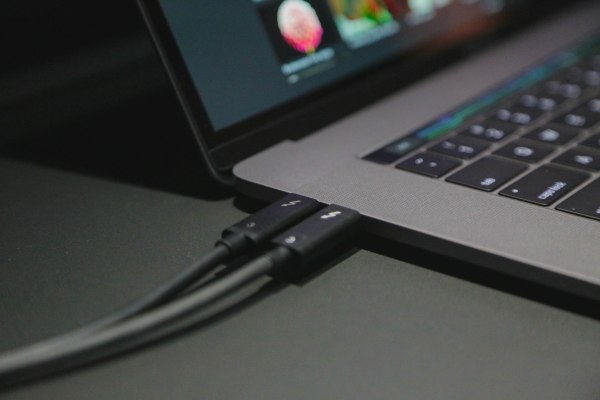More reasons to be miserable about the UK’s vote to leave the European Union: Apple has hiked the pound sterling price of Macs, old and new, by as much as 25 per cent to take account of currency fluctuations in the wake of the June referendum vote. Thanks #Brexit.
The company announced a clutch of new laptops at an event yesterday but appears to have used the occasion of introducing some new Mac hardware to reformulate UK pricing across its entire range of Macs, including existing models.
This means that Apple’s entry level Mac now costs £949 in the UK — a full £100 more expensive than just a few days ago. (The former entry level Mac laptop, an 11in MacBook Air, which was priced at £749, has been discontinued entirely.)
Other Mac laptop price hikes include the cost of the 12-inch MacBook, which starts at £1,249 vs the same model selling for £1,049 earlier this week — a price increase of almost 20 per cent.
And the new 13-inch and 15-inch MacBook Pros with Retina displays, which start at £1,249 and £1,899 respectively, vs £999 and £1,599 prior to the price hike — price hikes of 25 per cent and almost 20 per cent. (Although there you are at least getting a refreshed laptop, with a new mini display replacing the function keys, called the Touch Bar.)
Also going up in price: the Mac Mini, which used to start at £399, now costs at least £479 — so another 20 per cent rise; the iMac which has risen from an entry level price of £899 to £1,049; and the Mac Pro which has increased by £500, with the basic model rising from £2,499 to £2,999 (another 20 per cent bump). None of these Mac models have been refreshed so the price rise is purely related to the pound’s post-Brexit plunge.
It’s worth noting that Apple’s UK prices do include VAT sales tax, so there’s no additional fees to factor in on top of the price hikes (aside from P&P if you’re ordering online).
In a statement given to the Guardian, the company said: “Apple suggests product prices internationally on the basis of several factors, including currency exchange rates, local import laws, business practices, taxes, and the cost of doing business. These factors vary from region to region and over time, such that international prices are not always comparable to US suggested retail prices.”
Of course Apple is not the only tech company rethinking its UK pricing following the pound’s precipitous plunge in value. Earlier this week Microsoft said it would be raising prices for business customers buying its enterprise software or cloud services — by 13 per cent and 22 per cent (in most case), respectively.
And back in August HTC also bumped up the price of its Vive VR system by an extra £70, also blaming currency fluctuations, meaning the virtual reality system now costs UK buyers £759.
The problem for UK buyers is that wages have not had a commensurate Brexit bump up, meaning Brits’ disposable incomes are shrinking.
How that will affect product demand in the UK remains to be seen.
https://twitter.com/Joel_Nichols/status/791727750579118080
